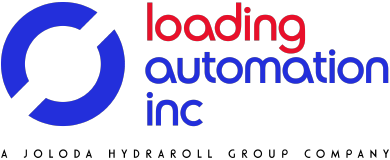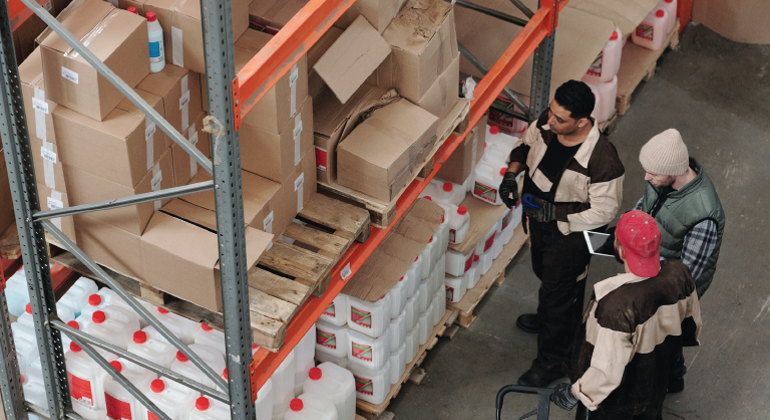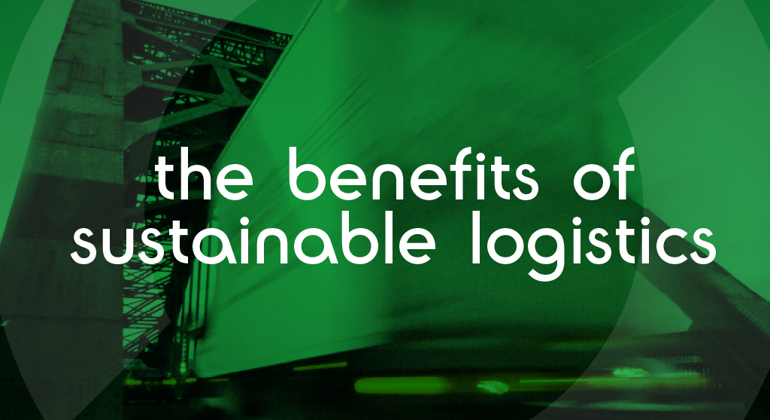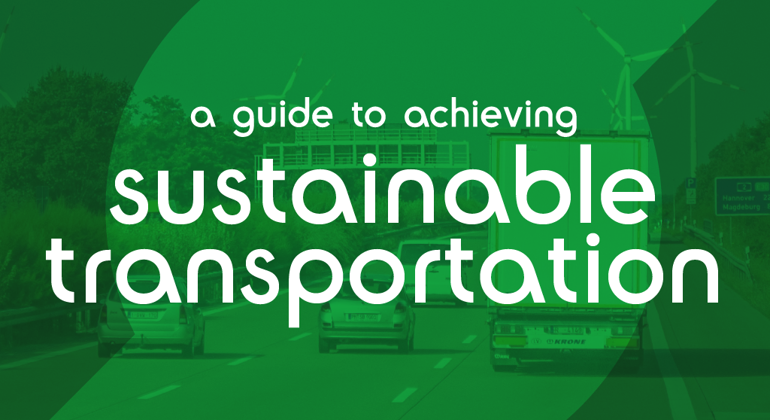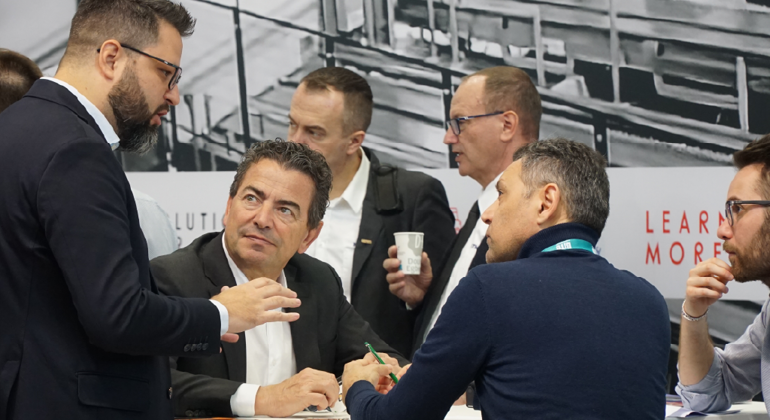The new global economic reality combined with an unprecedented labour shortage, is encouraging companies to reconsider sustainability strategies.
Until recently, sustainability has been synonymous with environmental goals for many businesses and, as a result, treated as an add-on to corporate strategy.
Sustainability can no longer be considered in isolation.
Sustainability in its true sense has always encompassed three core strands: social (people), environment and economic. Failure to consider the broader implications of business decisions is compromising long-term success.
Why is one part of the business evaluating the environmental benefits of moving to battery-powered forklift trucks, meanwhile HR finds it impossible to recruit forklift drivers. That, and it is becoming increasingly difficult to access the required power in an overstretched grid.
Why is the power of automation being explored, without considering how it can drastically reduce employee risk and improve retention? Our Sales Director, Wouter Satijn, looks into the topic...
Book a FREE Loading Assessment
Learn how to make the loading process safer and more efficient with a no-obligation assessment...
BOOK NOW